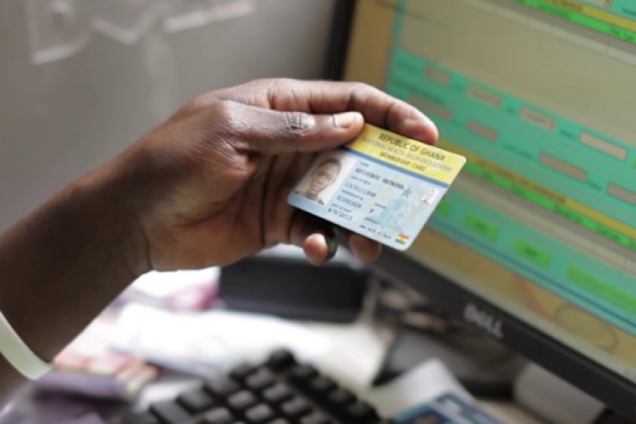The Deputy Director of Clinical Care for the Ashanti Region of the Ghana Health Service has emphasised the need to address areas where individuals are required to pay for health services covered by health insurance.
Dr. Rita Larsen-Reindorf, speaking at the dissemination and stakeholder meeting of the Pathway to Care for Patients with Acute Infectious Illnesses in Ghana (PATHCARE), highlighted that this phenomenon hinders the Universal Health Coverage agenda.
“Ghana introduced the Ghana Health Insurance Scheme to ensure quality healthcare among Ghanaians at no catastrophic cost to them.
“This is very important if we are to achieve universal health coverage, however, now and then we get reports of out-of-pocket payment, and for the PATHCARE study undertaken in the Ashanti region, it emerged again that a significant number of the patients paid out of pocket for services received.
“This is an area that we need to explore to find out why and what services people pay for. It will be helpful to know because if these services are covered under insurance, why are they required to pay?” she said.
The Pathway to Care for Patients with Acute Infectious Illnesses in Ghana is a collaboration between the John Hopkins University of Medicine, Kwame Nkrumah University of Science and Technology, and the Kumasi Centre for Collaborative Research in Tropical Medicine.
The study aims to highlight the pathway that patients take and healthcare utilization by investigating utilized parts of the health system, improving parts of the system that are not effective, and enhancing outcomes for patients.
Principal Investigator, Dr. Teagan Lukacs, mentioned that their findings revealed that implementing suitable care and referrals can reduce the cost of healthcare.
“So, through this study, we found that a lot of patients are utilizing previous healthcare before coming to the larger tertiary hospitals, and that the cost of care is spread between them. By initiating care at the previous facilities and providing appropriate care and referrals, we may be able to reduce the cost of care that patients end up accruing in the larger teaching hospital,” she said.
Co-Principal Investigator, Dr. Joseph Bonney, expressed their intentions to work with the community in disseminating their findings.
“We hope to work with a lot of communication information teams to send back the information to the community to influence how they seek healthcare,” he said.
The PATHCARE study was launched in October 2023 and has been under the supervision of Prof. Stephen Sarfo and Dr. John Amuasi.
The team has closely worked with sites and has collected data on pediatric and adult patients with infections at Komfo Anokye Teaching Hospital, Kwame Nkrumah University School of Technology Hospital, Suntreso Government Hospital, and Kumasi South Regional Hospital.
Latest Stories
-
All set for Joy FM Prayer Summit for Peace 2024
9 seconds -
Managing Prediabetes with the Help of a Dietitian
19 mins -
Joy FM listeners criticise Achiase Commanding Officer’s election comment
40 mins -
Legal Aid Commission employees threaten strike over poor working conditions
43 mins -
Ghana ranked 7th globally as biggest beneficiary of World Bank funding
52 mins -
IMF board to disburse $360m to Ghana in December after third review
57 mins -
Former Bono Regional NPP organiser donates 13 motorbikes to 12 constituencies
1 hour -
Securities industry: Assets under management estimated at GH¢81.7bn in quarter 3, 2024
1 hour -
Gold Fields Ghana Foundation challenges graduates to maximise benefits of community apprenticeship programme
3 hours -
GBC accuses Deputy Information Minister Sylvester Tetteh of demolishing its bungalow illegally
3 hours -
Boost for education as government commissions 80 projects
3 hours -
NAPO commissions library to honour Atta-Mills’ memory
3 hours -
OmniBSIC Bank champions health and wellness with thriving community walk
3 hours -
Kora Wearables unveils Neo: The Ultimate Smartwatch for Ghana’s tech-savvy and health-conscious users
3 hours -
NDC supports Dampare’s ‘no guns at polling stations’ directive
3 hours

